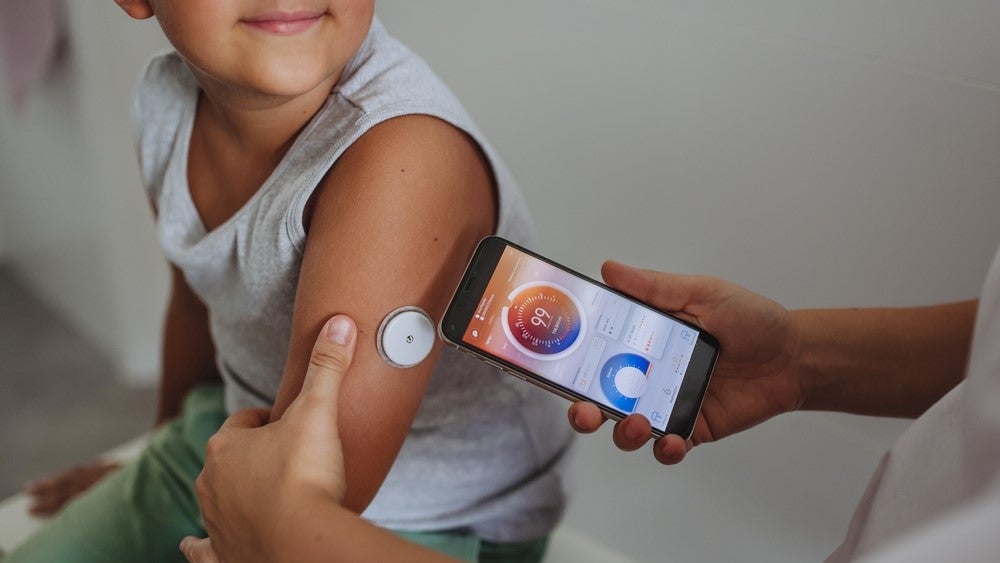The benefits of connected care and remote patient monitoring have catapulted digital health into mainstream medical offerings, but issues of reimbursement and insurance technicalities are hindering adoption.
In the US, most medical insurers require treatments to take place within designated medical spaces such as hospitals or surgeries. However, digital health blurs the geographical lines, and patients may find that their insurance won’t reimburse the costs of remote care.
David Beauchamp, medical analyst at GlobalData, commented: “Although digital health has incredible potential to modernise and improve patient care, it has evolved faster than the industry and reimbursement have been able to. As such, more widespread use of these devices is dependent on whether the industry is willing to incorporate the use of such devices into existing treatment plans, and if reimbursement policies are updated to include digital health.”
GlobalData is Medical Device Network’s parent company.
Digital health offerings enable medical professionals to gather and track patients’ biometric data, improving personalised treatment options and offering a fuller picture of an individual’s health. Remote patient monitoring (RPM) devices can be used to track health indicators, including sleep, stress, heart rate and glucose levels around the clock, removing concerns about continuity and the inconvenience of in-person visits.
RPM is a key piece in the digital health puzzle then, and the market is already thriving. According to GlobalData's 2022 'Digital Health' report, the RPM market is set to reach $760m by 2030, compared to a valuation of $548.9m in 2020. The rapid uptake of digital health solutions left insurance coverage lagging but the report attributed the rapid growth of the sector to Covid-19, noting that “healthcare systems were forced to create virtual care delivery models or repurpose existing products”.
RPM’s growth is representative of the trend in the wider digital health sector. GlobalData is tracking 6,269 digital health products currently available on the global market and is aware of an additional 4,612 products in development.
However, there are financial obstacles. GlobalData reports that Medicare (insurance for over-65s) regularly undervalues the cost of digital healthcare, and patients can be unpleasantly surprised by the up-front costs of digital health. For example, DexCom’s G7 blood glucose monitor costs at least $89 each month for diabetics with commercial health coverage (Dexom claims to be the most covered brand of blood glucose monitors in the US).
Expressing concerns about issues of financial reimbursement, Beauchamp said: “Despite the great number of digital health devices, both marketed and planned, digital health has yet to find widespread success in the medical device industry … Hopefully, a more established framework for digital health reimbursement can be put in place so patients and physicians can take advantage of the benefits of these technologies.”









